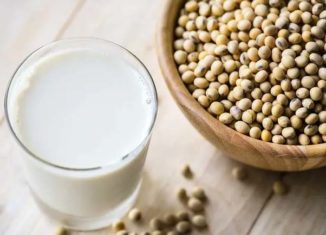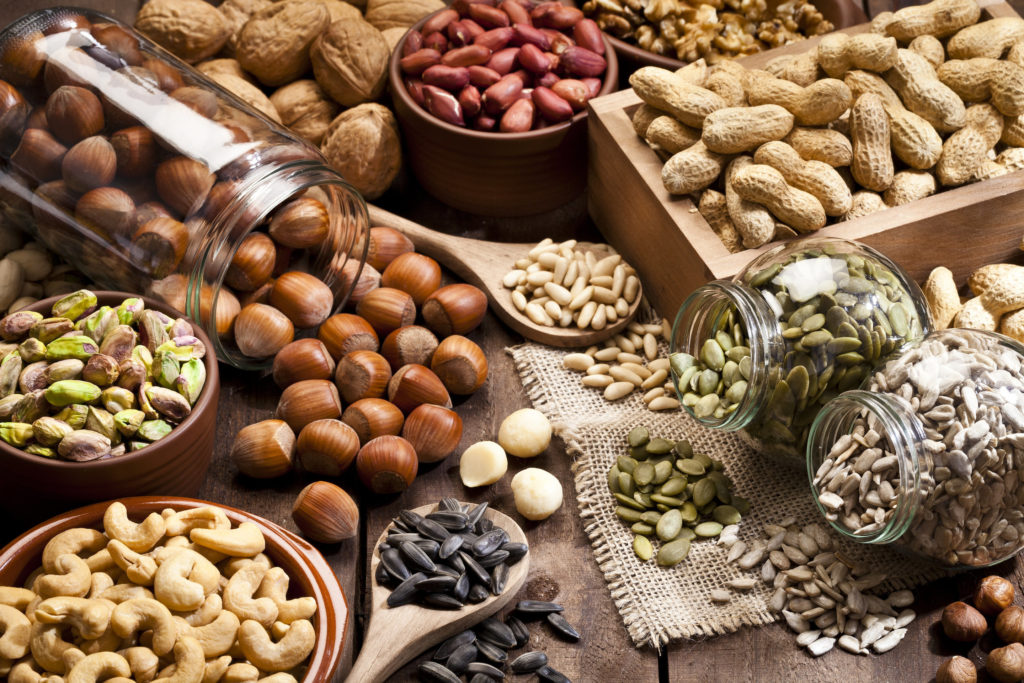
Protein. The nutrient has been turned into a buzzword by fitness buffs and meat lovers alike. It has grown to become the face of the health industry, with “experts” constantly pushing for more protein consumption. While most of us do in fact get the recommended amount, the health industry would have us believe that it is not enough for a nutritious diet. However, you will soon understand how incorrect this really is. Read on as we break the top myths about organic protein!
- Organic Proteins are ‘Incomplete’
What makes a protein “complete”? Proteins are essential as they contain amino acids that cannot be produced by the human body. As these amino acids are important for bodily maintenance, we need to consume protein as part of our diet. A complete protein is one that contains all nine of these important amino acids. Many people believe plant-based protein lacks crucial amino acids and are thus “incomplete. “However, this is only partially correct. While it is true that many organic proteins sources lack one or two of the necessary amino acids, this is misinterpreted to mean they are completely useless! The body breaks down these proteins into amino acids that are conserved for later and is still extremely useful. This myth is doubly untrue as there plenty of “complete” organic protein source like Quinoa, Soy, and Buckwheat.
- They Lack in Quantity
Many people believe that organic protein isn’t enough, and they have to turn to animal sources to get their protein requirements. This is false, as organic protein fulfils your daily needs. In fact, average protein requirements are much lower than you think. Other sources often have excessive amounts of protein. Too much of any nutrient can be bad for the body and this rings true even for protein. Excessive protein intake can lead to kidney damage and other problems.
- Organic Protein Can’t Build Muscle
This is another major misconception. Many athletes have gone onto set records, all on a healthy organic protein-based diet. In fact, organic protein is easier to digest and is credited with reducing inflammation and protecting bone health (all while producing those gains). Everyone can benefit from an organic protein-based diet, whether you’re trying to build your physique or just stay healthy.
- Organic Proteins Are High in Carbohydrates
As usual, the truth is much more complex. Many people try including protein in their diet to prevent the large intake of calories. Since organic proteins contain higher carbohydrates, they are linked to higher calories. It is true, organic proteins contain more carbohydrates when compared to other sources. However, many manufacturers process organic protein powder to remove most of the carbohydrates. This actually makes organic protein sources an even better alternative to other sources as they contain even fewer carbohydrates!
- We Only Need Protein

Organic protein sources deliver on protein, as well as fibers and antioxidants.Many people ignore these requirements for a healthy diet. This can causedigestion problems, irregular bowel movements, and has even shown to increasethe risk of colon cancer. Other sources of protein do not contain theseessential nutrients and can leave the body exposed to numerous problems.
- We Need to Combine Organic Protein Sources
Another baseless myth. The average person’s daily diet more than makes up for the shortcomings of a single protein source. Moreover, there is no evidence that the body requires combining protein sources in the first place. The only thing that matters, is that you consume a variety of diverse foods on a daily basis. This creates an amino acid profile containing all the necessary amino acids the body needs to stay healthy!
- There is No Real Environmental Impact
The severe impact other sources of protein have on the planet has been downplayed by the meat industry. In a world where all have to reduce our carbon footprint, switching to protein, can even help reduce global warming! Farm livestock emits over twenty times the greenhouse gases that typical organic protein sources produce. By replacing animal protein sources with organic ones, we can reduce carbon production and make the world a better place! Everyone can benefit from switching to organic protein. It can even be a gift for Christmas!
To summaries, organic protein is one of the healthiest changes you can make to your lifestyle. The many advantages of organic protein far outweigh the benefits of other protein sources and even offer additional nutrients to the human body. It is clear organic protein is the future!
